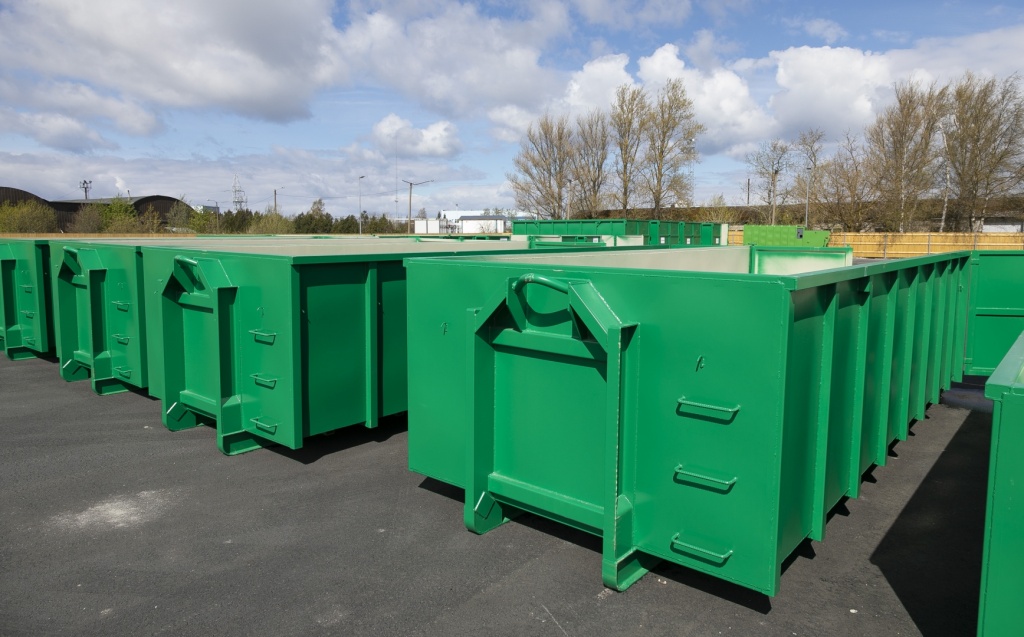More and more residents in neighbouring parishes use waste stations in Tallinn
The City of Tallinn signed an annual cooperation agreements with Viimsi and Saue municipalities, under which residents of Viimsi are able to use the Pärnamäe waste station and residents of Saue parish the Pääsküla waste station under the same conditions as Tallinn residents. Due to the increase in the number of visitors, the contract fee for Viimsi parish has increased by 72 per cent and that of Saue parish by 26 per cent compared to the previous year.
Tallinn has also signed a cooperation agreement with Viimsi and Saue municipalities in previous years. While Viimsi paid €39,156 to Tallinn for the use of the waste station this year, they will have to pay €67,627 next year due to the increased volume of waste from Viimsi residents. Similarly, Saue’s contract fee will increase from €62,326 to €78,938. The City Government also decided that the Waste Centre of Tallinn will continue to operate the waste station in Loksa, by concluding a cooperation agreement with the city of Loksa.
According to Joosep Vimm, Tallinn’s Deputy Mayor for Enterprise, it is important that Tallinn, as the capital, helps its surrounding municipalities to preserve the environment. “It is a common goal for all of us to ensure that as much waste as possible is taken to recycling,” said Vimm. “We know that some of our neighbouring parishes are planning to open their own waste stations. We are happy to lend a helping hand until they set up their own waste management centres – for example, like Saku, with whom Tallinn had a similar agreement in the past.”
“But such cooperation with neighbouring parishes is not a stand-alone measure. Green transition needs to be approached in a broader perspective, and it is the different actions together that make it easier to make environmentally friendly choices,” Vimm added. One such example was the recently organised Waste Reduction Week, during which the Re-Use Centre, in cooperation with the City of Tallinn, collected nearly 3,000 kilos of items from residents, which will be recycled.
According to Vimm, the green transition consists of small deeds and big changes, and Tallinn is keen to help make it easier for people to make environmentally friendly choices in their daily lives. “That is why from next spring, it is intended that Tallinn’s waste stations will operate every day. This will make the service more accessible to residents and hopefully reduce the amount of waste ending up in forests,” said Vimm, disclosing some of the plans for the circular economy next year.

